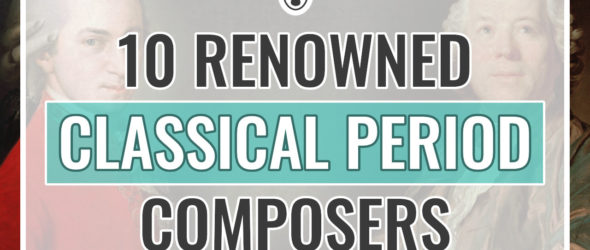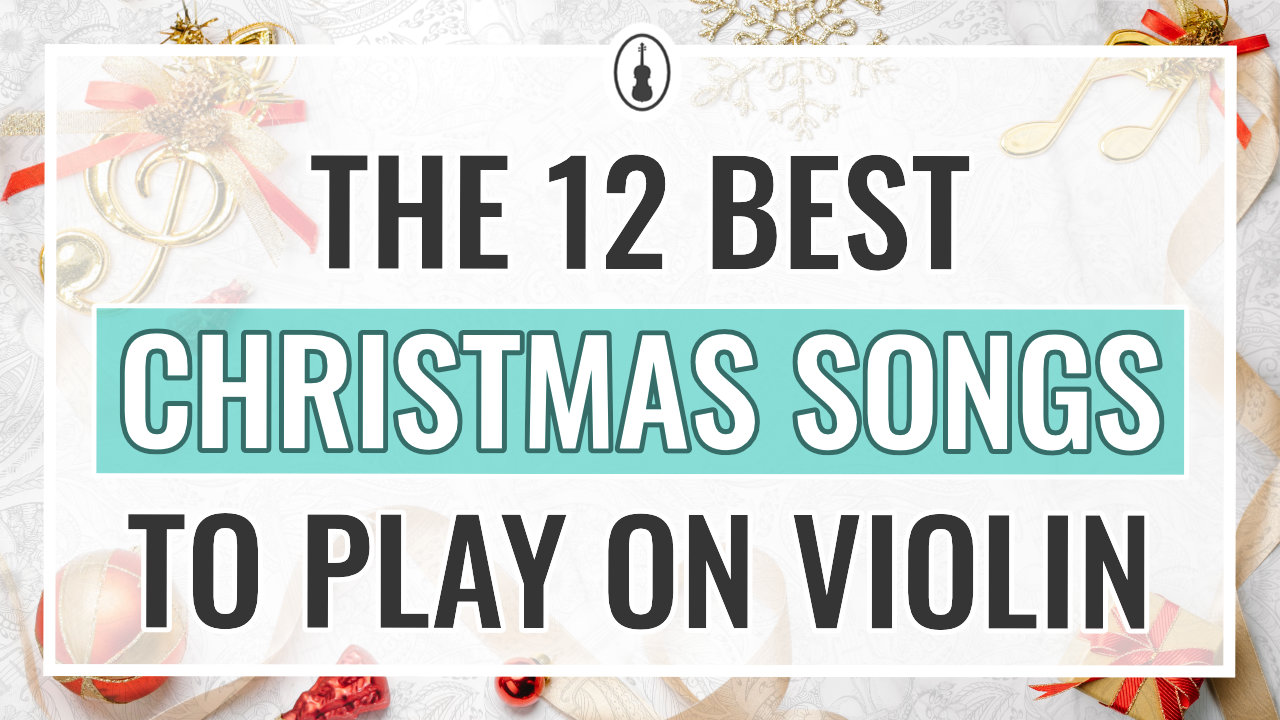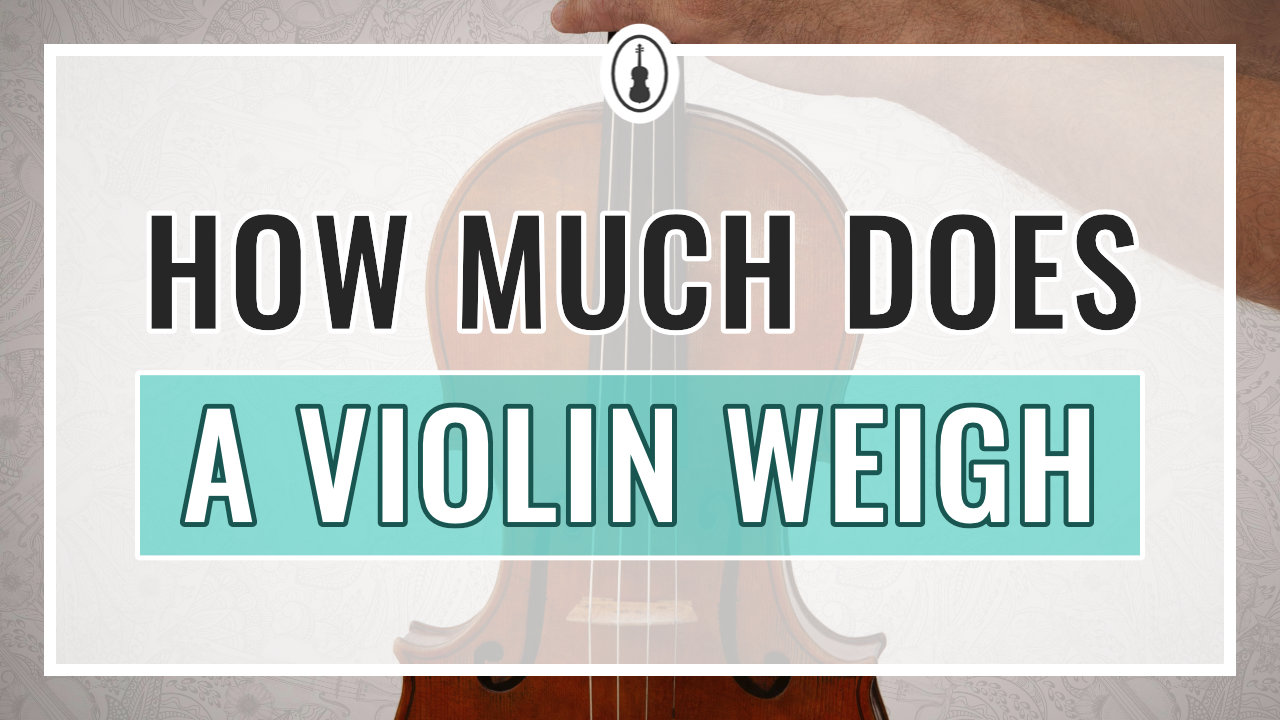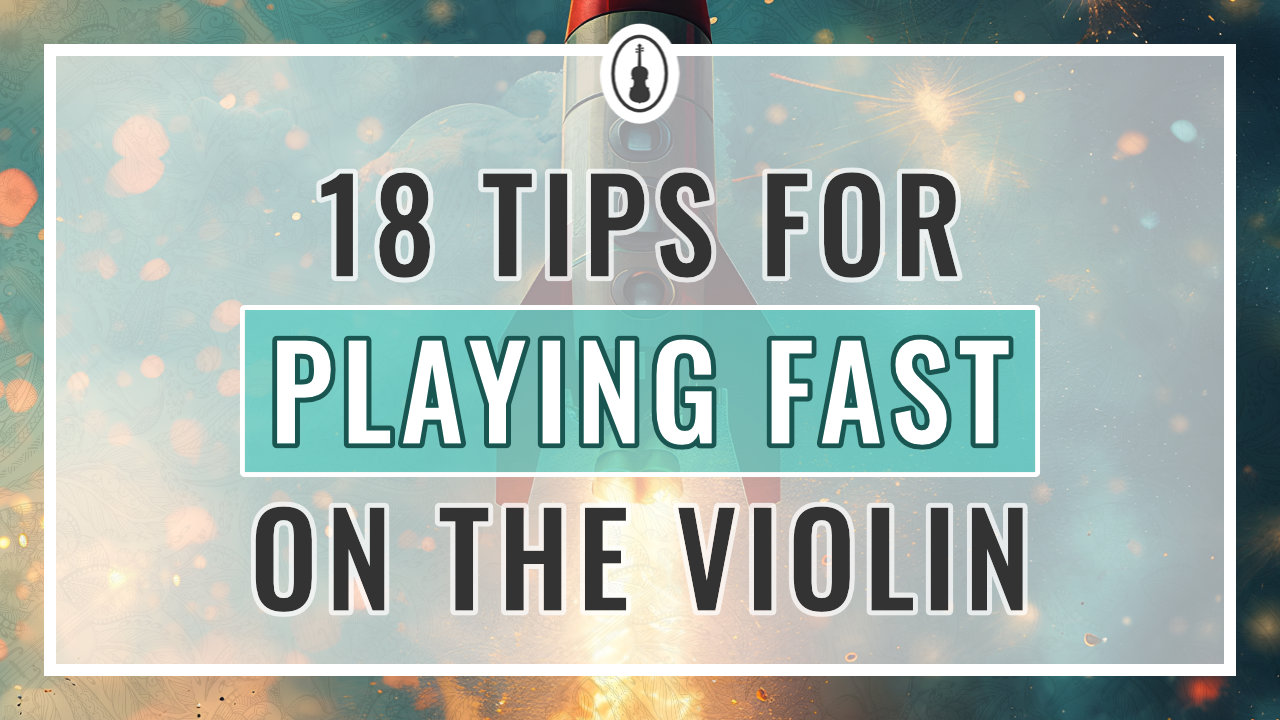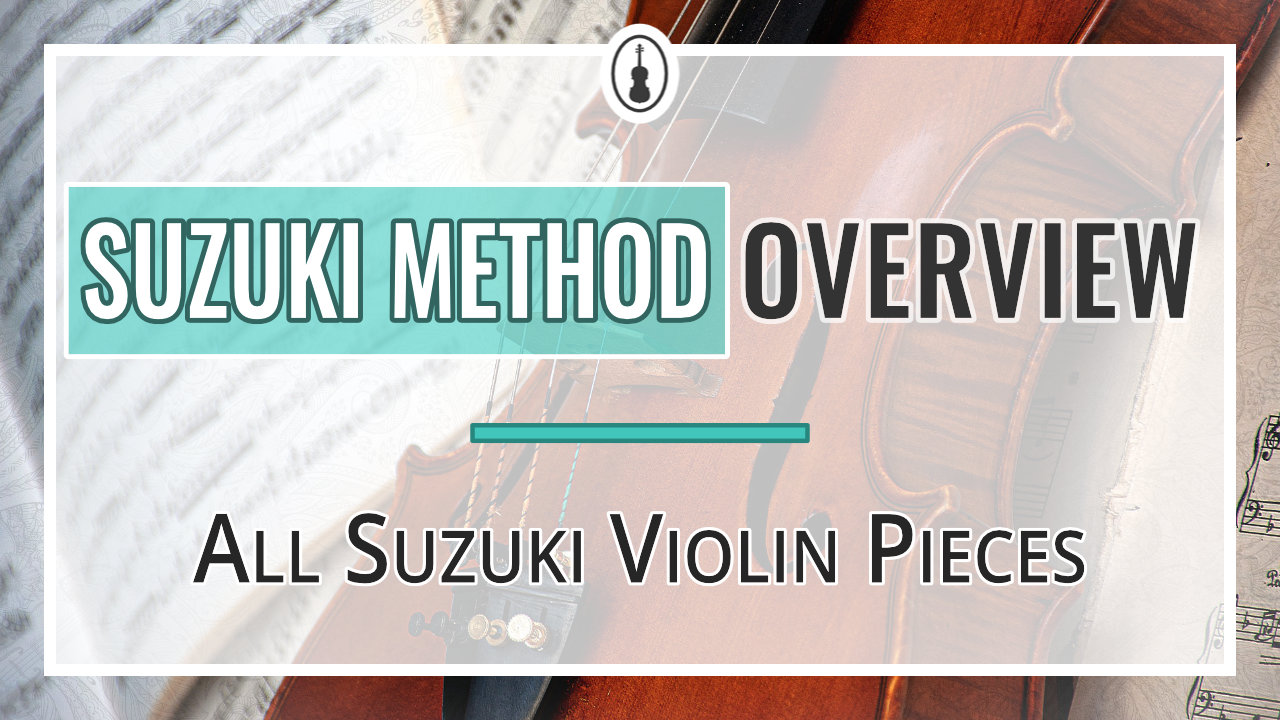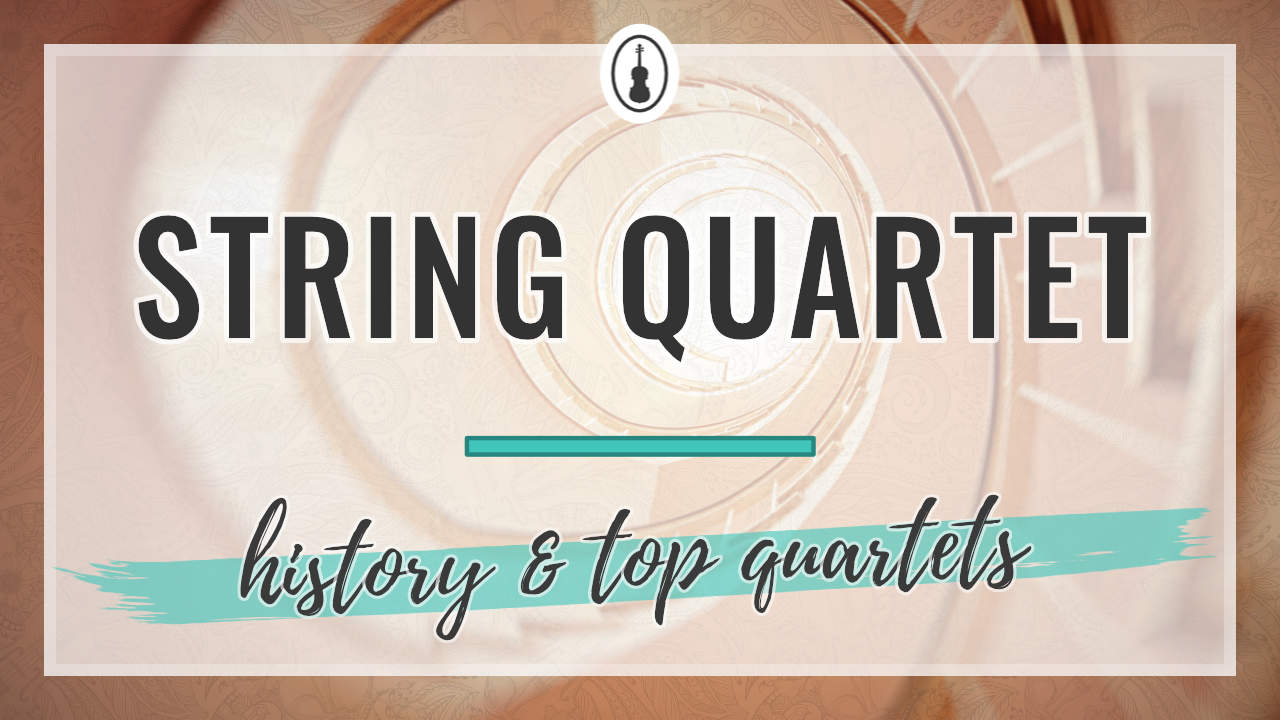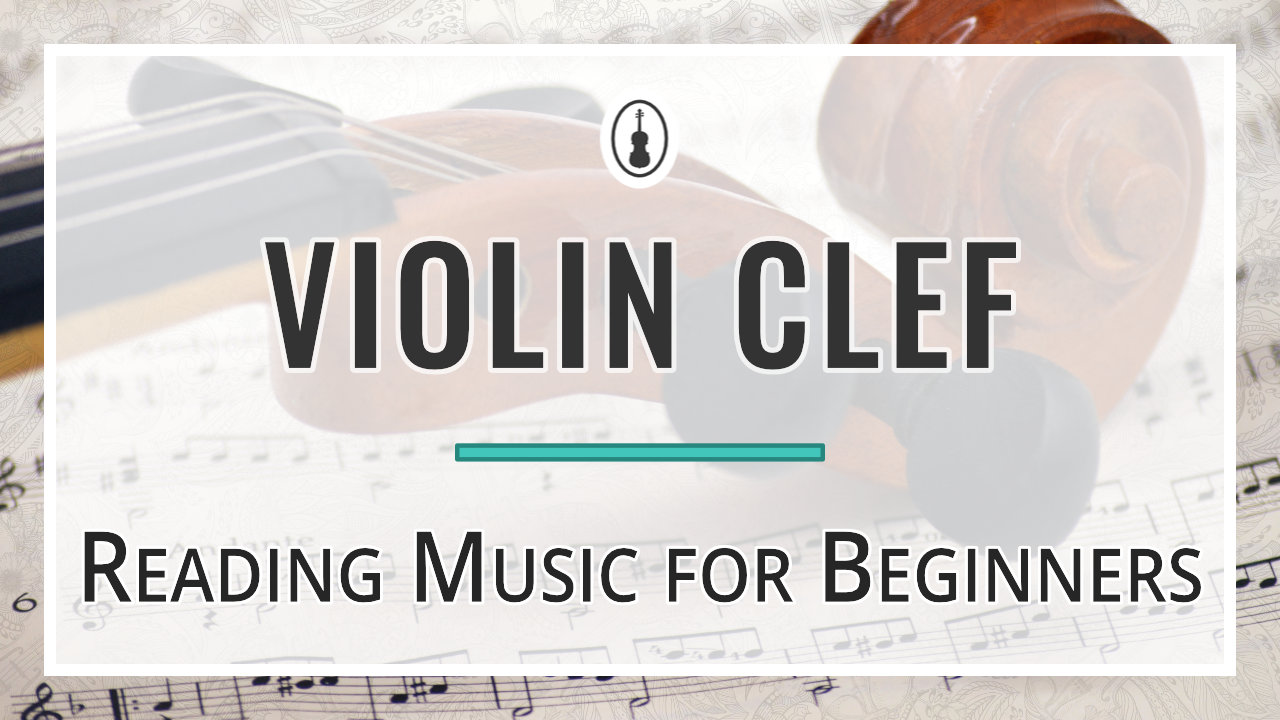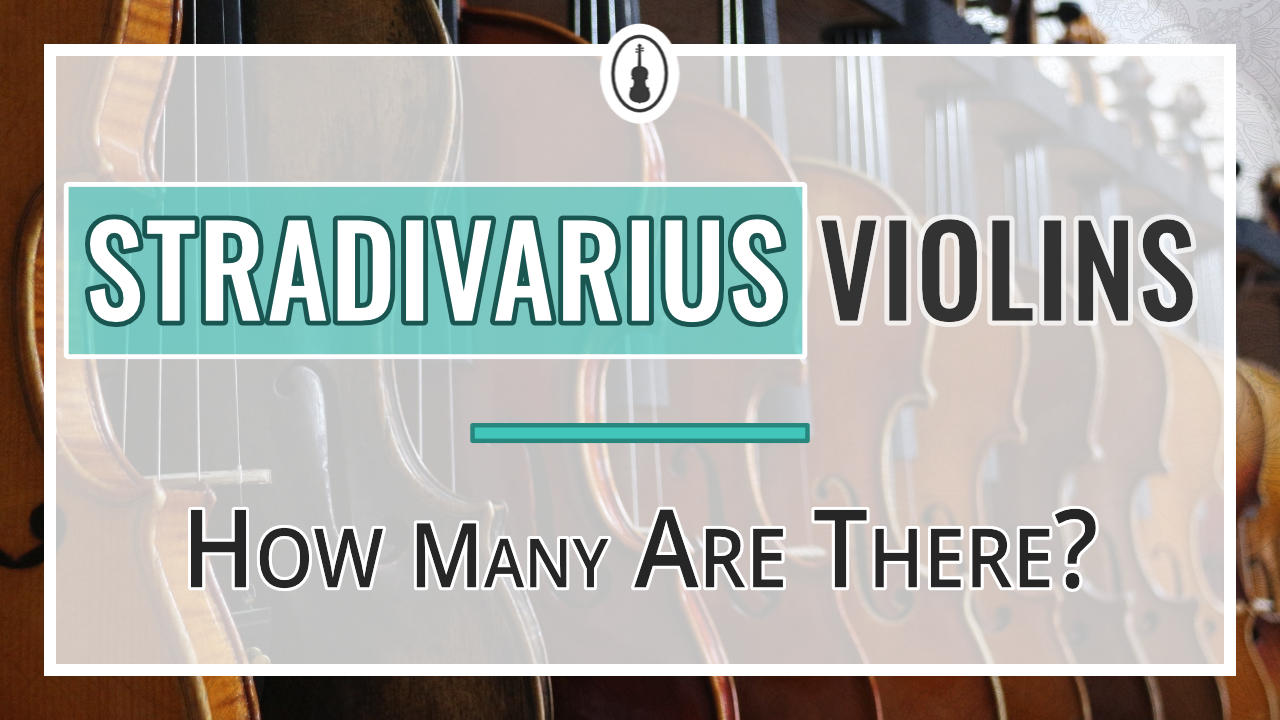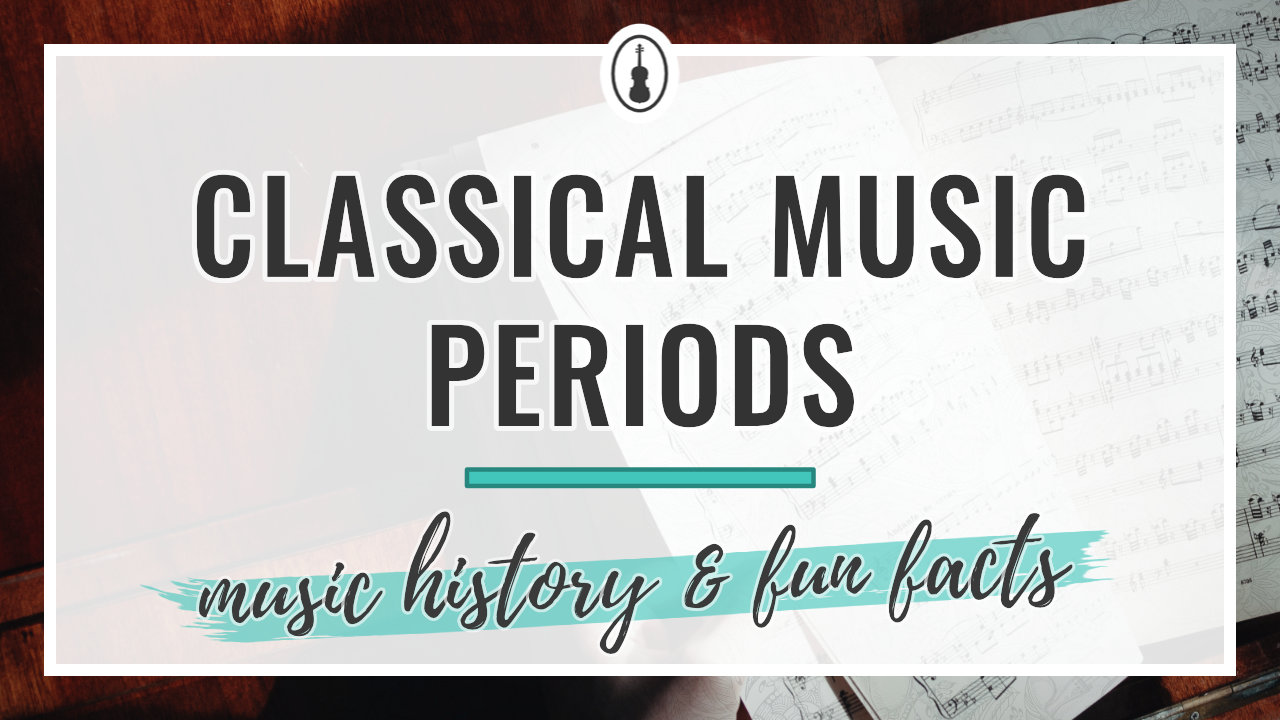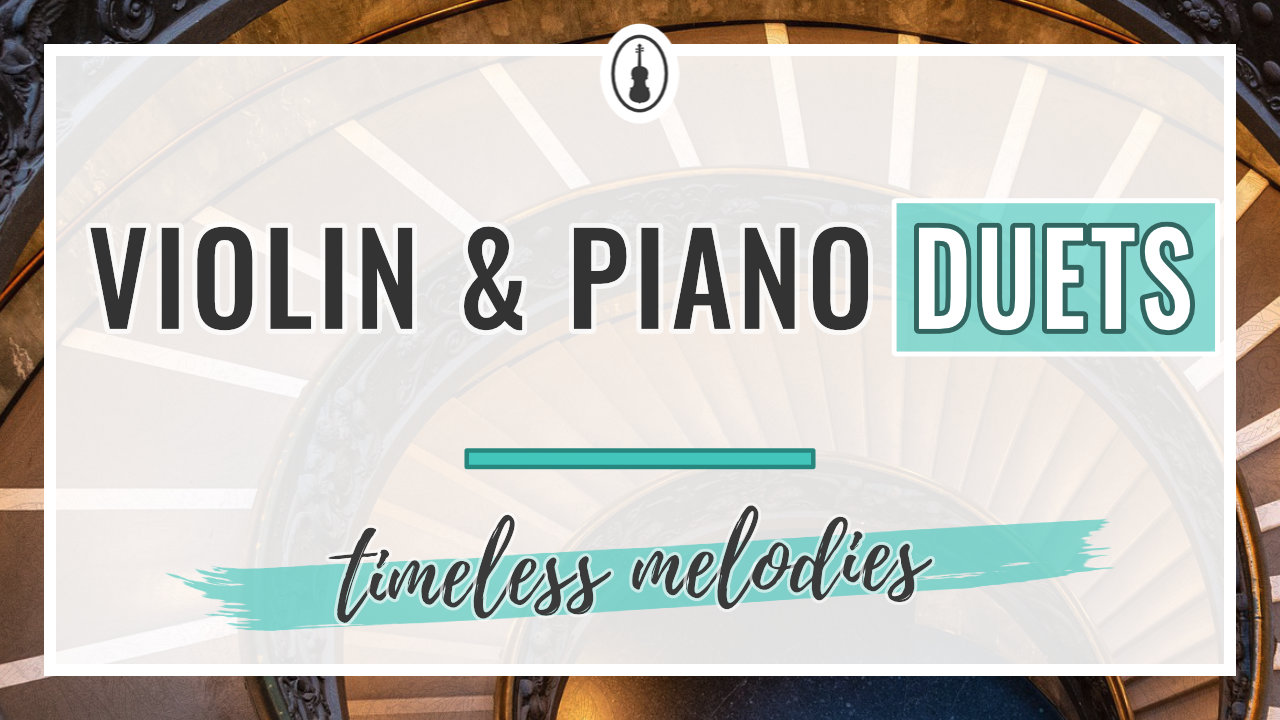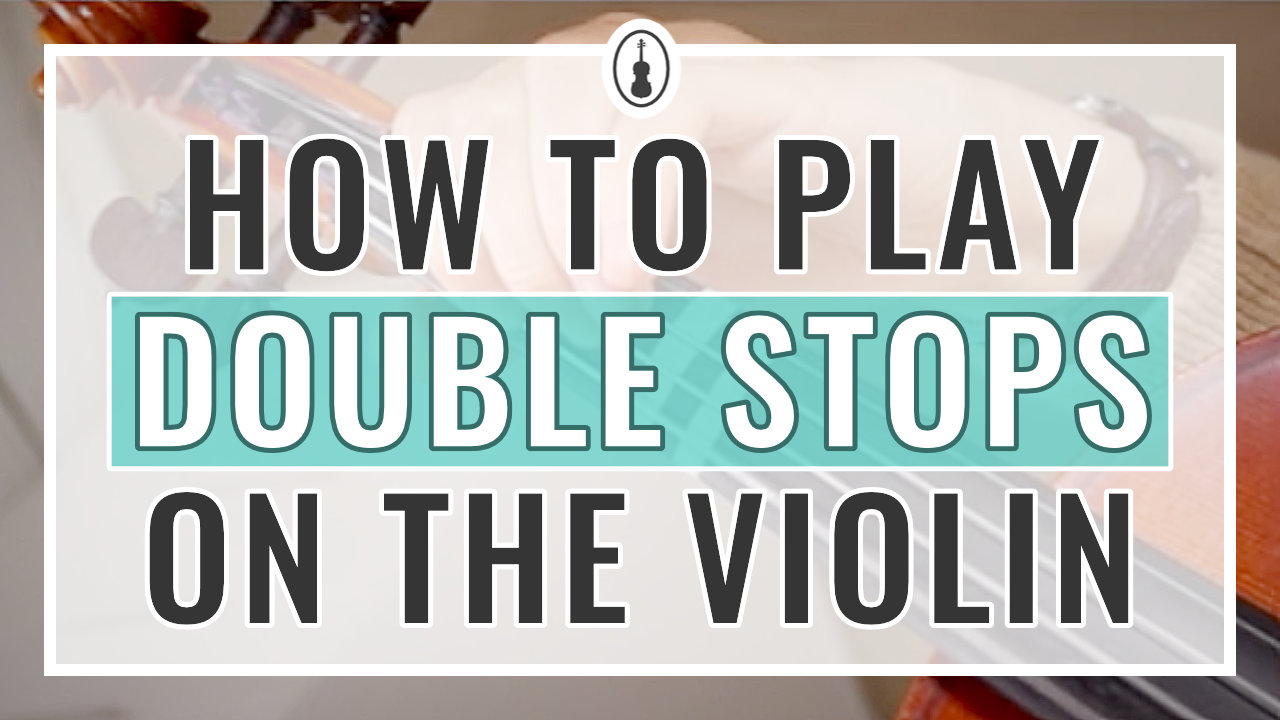Are you curious to learn who are the most famous Classical period composers? Read on to find out!
The Classical era is the most well-known music period, giving us the works of some of the most famous composers. A large part of the pieces that you play in music academies today was composed during that time.
In addition to the Baroque period, the form became simple, and the music was mainly harmonic. That means that there’s a principle melodic line and chordal accompaniment. We still use this today in music.
In this era, the form of composition for the sonata, string quartet, and chamber music flourished. The piano now replaced the harpsichord.
To get the acoustic feel of the era, compare Bach’s sonatas and partitas for solo violin or the four seasons by Vivaldi with Beethoven’s 9th symphony and Mozart’s Eine Kleine Nachtmusik.
Let’s start with a little bit of historical context before we name the most well-known composers of the classical period!
A Brief History of the Classical Period
First, let’s talk about music history. To better understand this period, some information on what came before is helpful. Here’s an article about the Baroque era and its most well-known composers: “The 12 Greatest Composers from the Baroque Period.”
When we talk about the classical period of classical music, we’re referring roughly to the time between 1730 to 1820. As with other eras in the western arts, there was a shift during that time toward an ancient Greek and Roman aesthetic. Architecture, literature and the arts emphasized form, simplicity, restrained emotions, and an appeal to the intellect.
The Transformation From the Baroque to Classical Period
Chamber music flourished during the Classical era because small courts and aristocrats were interested in investing in the music. But that also means they didn’t have vast resources. During the Baroque era, a popular composer could have the musical resources of a whole town, but in the Classical period, composers had less. Their compositions, therefore, were written for smaller ensembles. The ensemble parts became easier to perform, as not every court had a virtuoso available.
Classical-era music gives a lot of focus to hierarchy, as the melodic line rules over the music piece and the chords accompany it. This is in contrast to the richly layered music of the Baroque era. During the Baroque era, various music ornaments such as trills and dynamics were to be improvised by the performer. In the Classical period, all of those techniques became more precise. Now composer was expected to give directions.
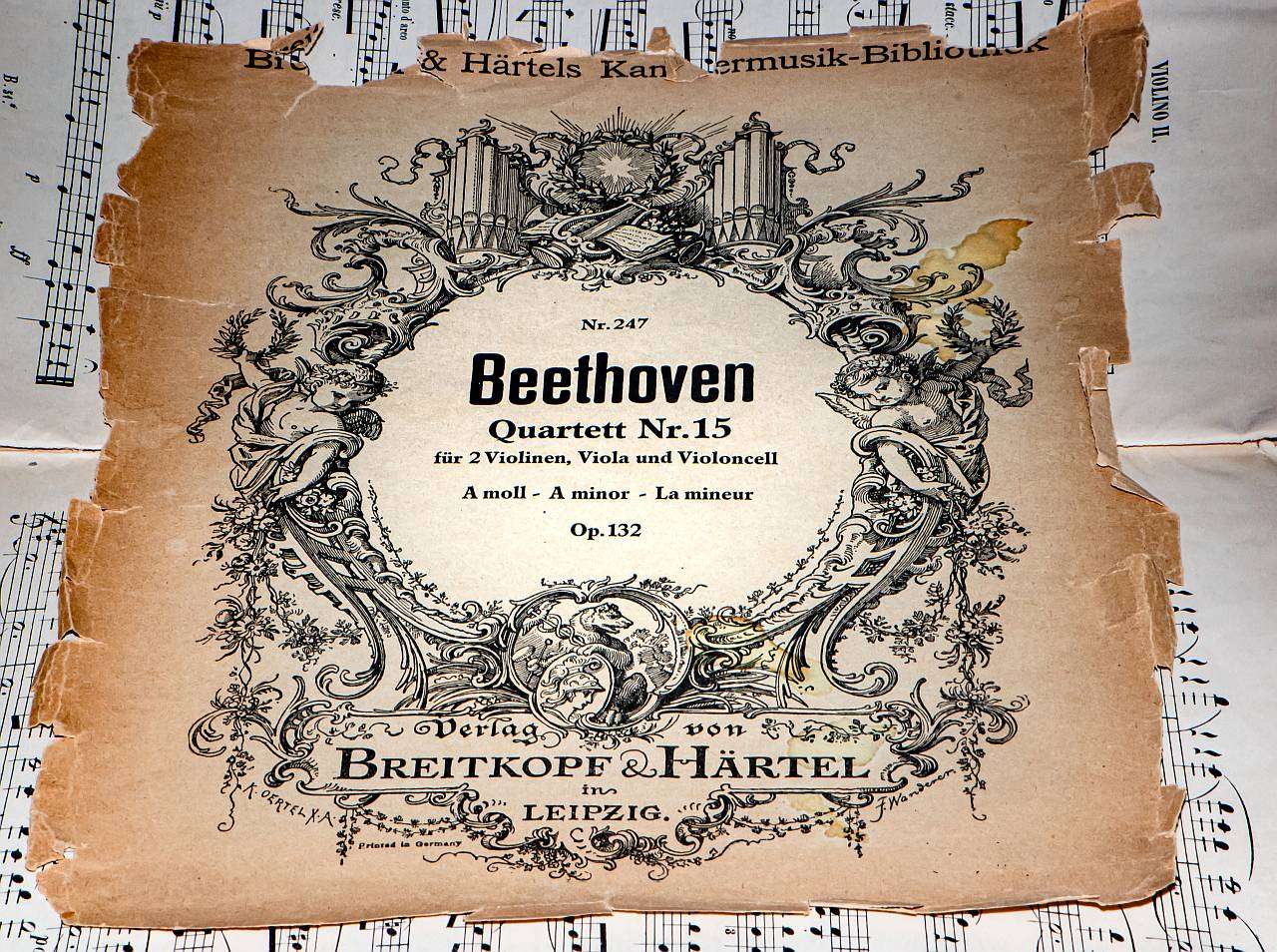
Development of Forms
The structure of the composition or musical forms developed and was pretty close to how we know them today, especially the sonata and symphony. The widespread adoption of the equal temperament, a tuning system in which the octave divides into 12 semitones of equal size, helped develop technological advancements in several instruments. The orchestra was increased in size and range and became more standardized, closer to how it is today. While there was a focus on instrumental music, vocal music was still popular, with songs and operas being the most popular.
In the Baroque era, composers began experimenting with more dramatic expression, changes in texture, dynamics, harmony, and tempo. This crossed over into the very beginnings of the Classical period as well.
It is hard to imagine now, but Johann Sebastian Bach’s sons, Johann Christian Bach and Carl Phillip Emanuel Bach were more famous than their father! At the time, C. P. E. Bach was “the famous Bach” as he implemented the new style perfectly.
Who are the Composers of the Classical Period?
Now, let’s see who the most well-known Classical era composers are and why. I’ll list them in progressive order to give you a better understanding of the evolution of music during that time.
Carl Philipp Emanuel Bach (1714 – 1788)
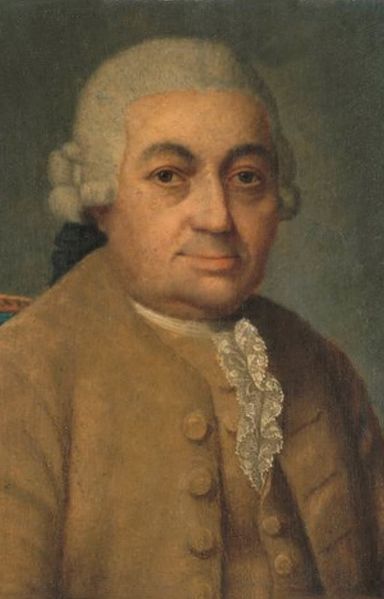
The fifth child of Bach, C. P. E. Bach, was the most famous one in the family when he was alive. He was a very influential composer working during the transition between the Baroque and Classical styles. He was also a pedagogue who wrote, Essay on the True Art of Playing Keyboard Instruments, which became a classic in musical literature that almost all prominent composers of his era would later study.
He had a personal style called, empfindsamer stil, or sensitive style, applying the principles of rhetoric and drama to his music structures. His music is very innovative for the time and emotionally unpredictable, with a wide emotional range even within a single piece. Though there were attempts in the 20th century to revive Bach’s popularity, his fame declined in the 19th century and was never able to recover. His resume consists of many symphonies, concertos, and chamber music, but he is most known for his keyboard compositions.
Christoph Willibald Gluck (1714 – 1787)
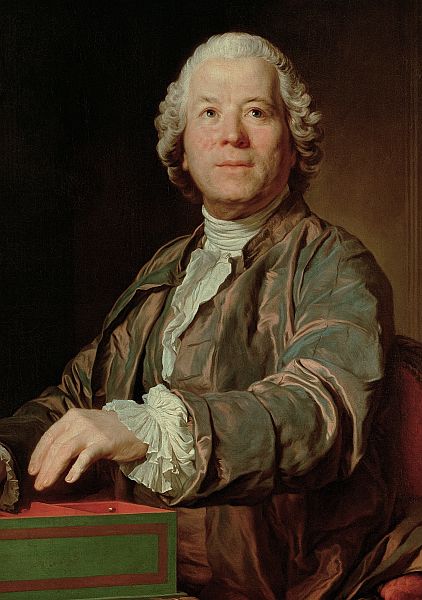
While he is not as well known as others on the list, he was a very influential composer admired by Mozart, Berlioz, Wagner, and others. He mainly composed operas and introduced more drama.
Gluck believed that the opera style needed reform because it had gone far from its roots and wanted it to go back to human drama and passion. He implemented techniques in acting and singing, along with other small but crucial details, such as less text repetition, no da capo, and minimum to no vocal improvisation. Unorthodox for the times, his ideas were reforming the opera genre for a generation.
Unfortunately, due to a fire in 1809, only half of his body of work survived. What remained includes approximately 35 complete operas, several shorter operas and operatic introductions, ballets, and other instrumental works.
Antonio Salieri (1750 – 1825)
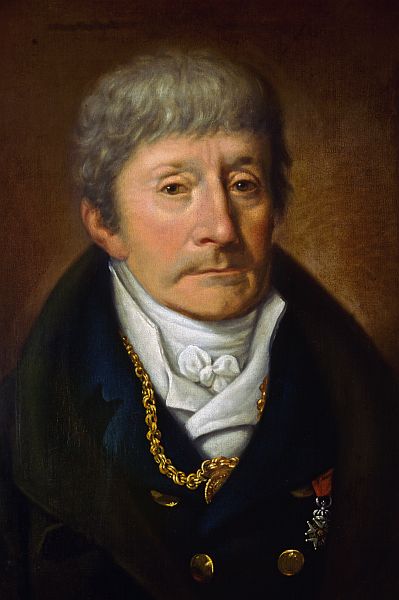
Sadly, because of gossip during the time, Antonio Salieri is famous as the guy who poisoned Mozart. The story has it that there was speculation as early as a few decades after Mozarts’ death that this was true. The two men had some rivalries because of Mozart’s behavior toward the Italian composer, which was allegedly favored by the Viennese court. But in reality, there is enough evidence that the two were in support of each other and their work.
This Italian composer was a student of Florian Leopold Gassmann and Gluck. Salieri is the composer of many operas in three different languages that had stagings in Europe during his lifetime. After he stopped writing, Salieri became one of the most sought-out music teachers in Vienna. Franz Liszt, Franz Schubert, and Ludwig van Beethoven were among his students.
Joseph Haydn (1732 – 1809)
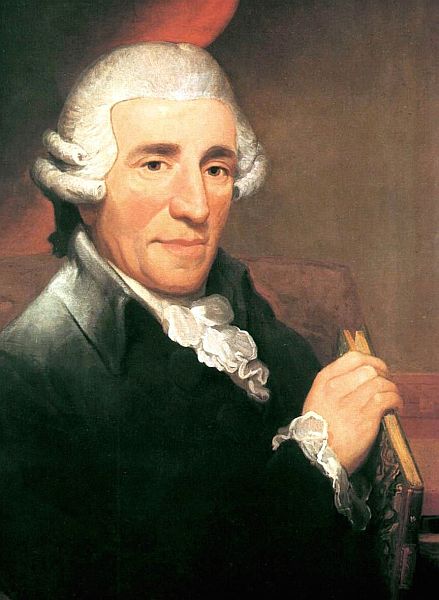
This Austrian composer was instrumental in developing the popular forms of the classical era, so much that his contributions gave him the name Father of the Symphony and Father of the String Quartet. Haydn spent most of his life as a court composer, which isolated him from the rest of the scene. This isolation pushed him to become original, as he put it. He was a friend and mentor of Mozart, tutor of Beethoven, and one of the most celebrated composers of his lifetime, and still considered to be at the top.
Haydn’s work was crucial for the development of the sonata form. He also integrated the fugue into the classical style. His music is well known for its humor, most famously shown in the sudden loud chord in the Surprise Symphony.
Haydn was born 18 years before Bach’s death, making the uncertainty of the late High Baroque period that resulted in the classical style his playing field. During his later years, since he was wealthy, he started taking his time with compositions, something that later composers such as Beethoven would adopt as a practice.
His body of work is enormous. His resume includes more than 100 symphonies, almost 70 string quartets, numerous operas, masses, concertos, piano sonatas, other compositions, and what is now the German National Anthem.
Giovanni Battista Viotti (1755 – 1824)
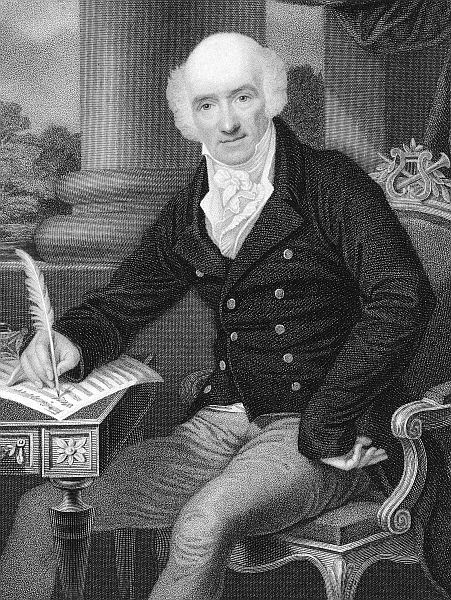
Viotti is an Italian composer and notable violinist virtuoso who has also directed French and Italian opera companies. He made his Paris debut in 1782 and remained there. But his royal connections were not a good sign with the French revolution in effect, so he fled to London. However, he was framed there as a Jacobine sympathizer and deported from the country.
Viotti was to return a few years later, deciding to stop performing and open a wine cellar giving private concerts. He never had many students, but the few he had were all notable violinists of their time. Pierre Rode, a composer of thirteen concertos, was one of them. Viotti was an influencer of Rodolphe Kreutzer and many others. Both Rode and Kreutzer later became composers themselves. Their etudes and caprices are an essential part of the violin repertoire today.
Viotti is considered the founding father of the 19th-century French violin school. His most notable compositions are the 29 violin concertos that influence the music of Beethoven.
Wolfgang Amadeus Mozart (1756 – 1791)
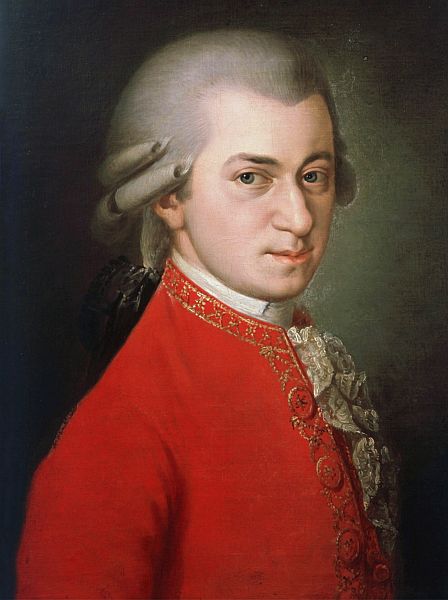
Mozart is one of the most well-known composers of all time, whose name is synonymous with talent and child prodigy. His father was Leopold Mozart, a German composer, conductor, music teacher, and violinist.
Mozart was born in Salzburg and baptised as Joannes Chrysostomus Wolfgangus Theophilus. He was seen as a talented keyboardist and violinist at a very young age and started composing at five years old!
While his life was short, composing more than 800 works of virtually every genre of his time. Some of Mozart’s compositions are the pinnacle of their respected genre, especially his symphonies, concertos, operas, and piano sonatas. Studying his works is common practice for probably every music student.
He was born when the old Baroque style was dismissed but used the contrapuntal complexities in his hands, making them sound new and exciting. During his last years, he experimented with chromatic harmony. This was something that very few composers of his time would try, but almost 100 years after his death, it would become the dominant style.
Mozart fell ill from an unknown illness and died before finishing his Requiem. Though famous, Mozart was not an aristocrat and had no financial stability. Almost immediately after his death, the music of Mozart was celebrated by every music enthusiast and is still popular today.
There are countless examples of Mozart’s music, but I always liked his serenade for strings, Eine Kleine Nachtmusik. Below, you can watch and listen to the full version of this piece:
If you got excited to learn Eine Kleine Nachtmusik, and want to study it with my help, I want to invite you to my new course, Eine Kleine Nachtmusik Masterclass!
This step-by-step lesson program will make learning the piece fun and effortless! It takes you by the hand and shows you how to shift, which bow strokes to use and which details to take into account in all bars of the piece.
Plus there are two-level arrangements in the course for you to choose from, advanced and intermediate. If you want to master this piece and learn to play it well and effectively while having fun in the process, the Masterclass is for you!
You can find more information and sign up for the Eine Kleine Nachtmusik Masterclass here.
Ludwig van Beethoven (1770 – 1827)
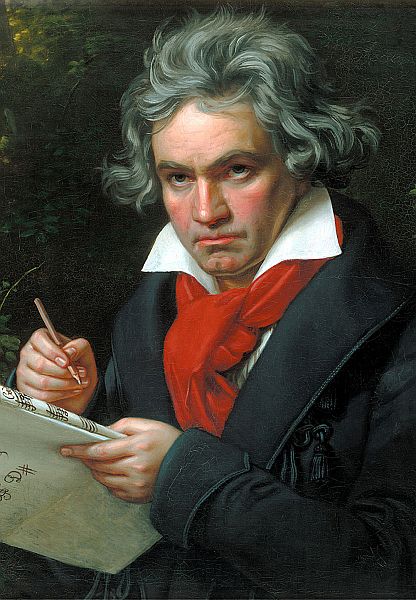
There’s one composer who some consider greater than Mozart, Ludwig van Beethoven. Along with Bach, they form the holy trinity of classical music composers.
Beethoven was probably the least celebrated of the three during his lifetime but not unappreciated. His repertoire ranks among the most performed in the classical music repertoire.
His work has three distinct periods. His early period lasted until 1802 and is typical of the music style of the era. His middle period is characterized as heroic and is the period everyone is familiar with and became the apotheosis of the classical style. His late period is a bit unappreciated because it’s more experimental and blurs the line between classical and romantic periods making him difficult to categorize.
He was a talented pianist from an early age. A sick Mozart heard him play, recognizing his talent. Beethoven’s life is the subject of much research. He, much like Mozart, had an equally abusive father, and was probably somewhat misogynistic, more than you would expect from that period. However, there are various contradictory sources on the matter. Famously deaf, medical historians study his letters because they have details on the treatments he received. The letters show Mozart’s conflicting characteristics as well. Sometimes Mozart is gentle. But, in other letters, he is furious with everyone and everything.
These characteristics are very evident in his music, especially in the middle and late periods where he found his voice. The middle period includes large-scale works that deal with heroic struggles, while his late work shows inspiration from the works of Palestrina, Bach, and Handel. His last major work is the string quartets but musicians of the time considered him a half crazy, half-deaf, bitter old man and dismissed them. However, today they are considered some of the greatest compositions of all time. Decades after his death, much like Mozart, those quartets will be the inspiration for the new music styles.
Among my free lessons, you can find a tutorial on the Ode to Joy from Beethoven’s ninth symphony. It’s a perfect piece for you if you’re a beginner violinist!
Niccolò Paganini (1782 – 1840)
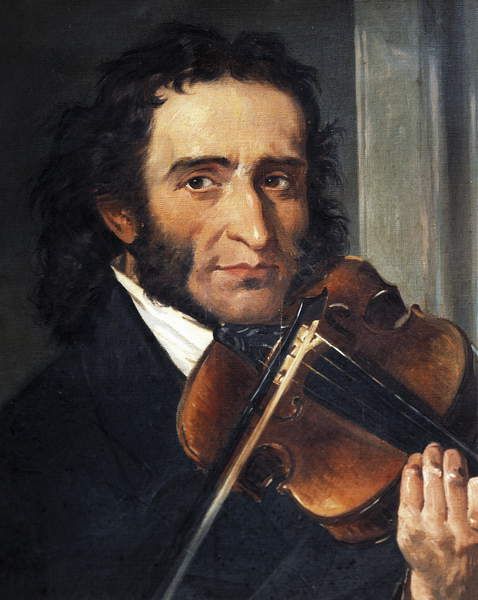
To find a violinist who has never heard of Paganini would be a surprise. He is one of the most well-known virtuoso violinists that ever lived.
Paganini was proficient in several string instruments other than the violin, such as guitar and mandolin, playing the guitar on private occasions. He grew quickly as a violinist and in fame and began doing concert tours.
Paganini’s technique was so advanced that people believed he sold his soul to the devil to acquire his skills. His lifestyle was intense, having no shortage of romantic relationships until he was seriously involved with Antonia Bianchi. Antonia was a singer who performed with Paganini while on tour. They have a son but never married. You could say that he was the original rockstar.
He does not have an extensive body of work, but his work is highly influential regarding the violin. In his orchestral work, the accompaniment is very simplistic and criticized for the lack of polyphony. Regardless, his compositions are very imaginative. In many pieces, he imitates the sounds of different instruments and animals. In his solo piece Duetto Amoroso, he creates the groans of lovers on the violin.
In 1836 he set up a casino in Paris that was a financial disaster and sold some of his instruments. He fell ill in 1840. A priest came to his home to perform the last rites. But Paganini thought it was a premature move and sent him away. A week later, he died from internal hemorrhaging before a priest could come to perform the ceremony. Because of that and his known association with the devil, the church denied burying him until 1876.
Of course, the most well-known composition is the 24 caprices for solo violin. Some of the caprices took inspiration from violin improvisations he performed when the crowd was asking for an encore.
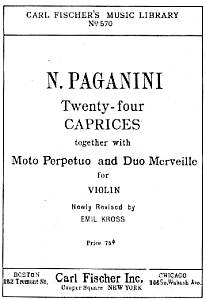
24 Caprices by Paganini
Free Violin Sheet Music
Paganini’s violin concertos are, while not as well-known, really challenging and interesting. Here’s his third violin concerto for you to listen:
Carl Czerny (1791 – 1857)
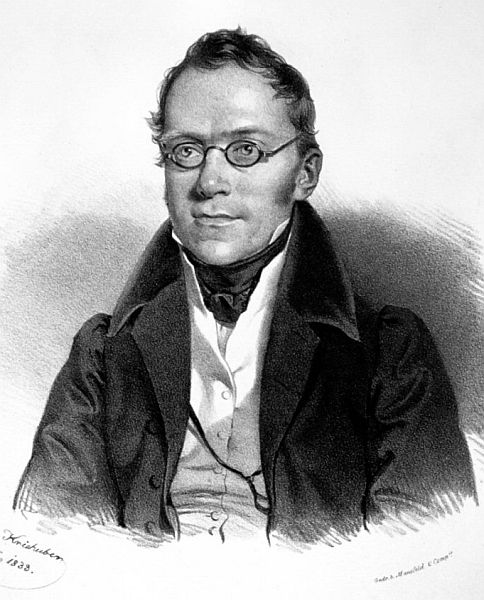
If you study the piano, you certainly know that name! Czerny was an Austrian composer, teacher, and pianist of the late Classical and early Romantic eras. Czerny was a student of Beethoven and a teacher of Franz Liszt. His repertoire consists of over 1000 pieces, mostly pedagogical, that we still use today.
Basing his method on the teachings of Beethoven and Clementi, he was a very famous piano teacher, starting at the age of fifteen. After his death, his fortune went to charities, his housekeeper, and the Society of Friends of Music in Vienna.
While his piano works are most famous, he also composed masses, symphonies, concertos, string quartets, and other ensembles.
Franz Schubert (1797 – 1828)
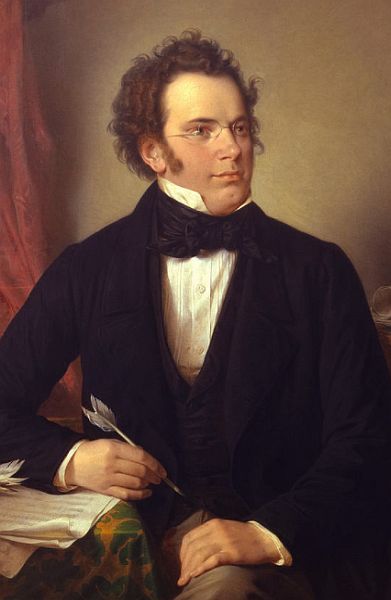
Another composer who is difficult to categorize, Schubert was another child prodigy who had a short life but composed over 600 vocal works, seven symphonies, operas, piano compositions, string quartets, and more.
While alive, only a relatively close circle would appreciate his music. Some decades after his death, musicians like Felix Mendelssohn, Robert Schumann, Franz Liszt, Johannes Brahms, and others would discover his work. He is celebrated as one of the most important composers ever since.
As an admirer of Beethoven’s work, his desire for years was to meet him. Though apprehensive, the meeting finally took place. Beethoven predicted that Schubert would make a sensation in the world and regretted not being familiar with him earlier. Beethoven would die shortly after the meeting, and his death affected Schubert deeply. On the anniversary of Beethoven’s death, he gave his only public performance of his life. The last thing Shubert would listen to before his death was Beethoven’s String Quartets. He is laid to rest at Central Cemetary, Vienna Austria, near his friend Beethoven.
FAQ
What are the Characteristics of the Classical Period?
The main characteristics of the Classical period are diatonic harmony, homophonic textures, a significant decrease in counterpoint compared to the Baroque era, short phrases with contrasting rhythmic patterns, contrasting moods, and a focus on simplicity and elegance.
The Classical era saw a focus on smaller ensembles, so chamber music flourished. The sonata and symphony forms developed to what we know them today. Also, the orchestra was standardized and increased in size and range, close to today’s standards. The piano would replace the harpsichord, and equal temperament became commonplace.
Would you like to learn more about the terms listed here? Please let me know in the comments below!
How did Composers Treat Melody During the Classical Period
Classical period composers made a clear division of what is a melody and what is accompaniment. They would use a simple, short melody on the higher-pitched instruments, while the lower-pitched instruments would provide the chords and harmony or rhythmic patterns.
This method, called homophony, would help composers of that era focus on expressing various moods, paving the way for romanticism that was soon to come.
Who are the Three Greatest Composers of the Classical Period?
There is little debate as to who are the most prominent composers of the Classical era. In chronological order, the top three composers of the Classical period are Haydn, Mozart, and Beethoven. These three, would not only shape classicism, but they also drew a clear path for the future of music showing where it should go.
All three were popular in their lifetime, but their fame grew to mythical status after their death. Haydn and Mozart were friends. Beethoven admired their work, meeting an ill Mozart and being tutored by Haydn least famous of the three. The other two, along with Bach, make the holy trinity of all time classical music composers.
Conclusion
The Classical era is one of the most prominent eras in classical music. This is evident because the study of music history began during that time and gave birth to some of the most well-known composers whose works we study today.
It is not possible to describe every notable composer of a period in one article. I hope this article brought you closer to some of the most interesting and influential Classical-era composers.
